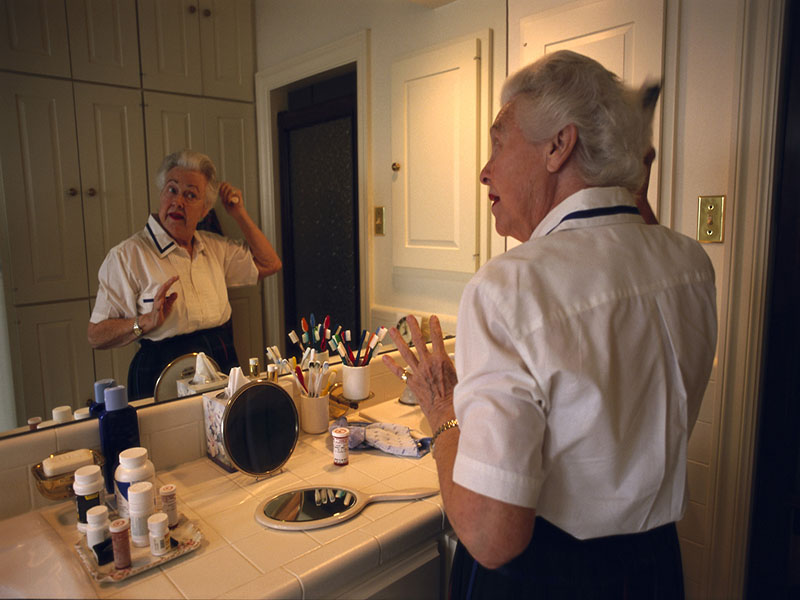
If you’ve made a financial commitment to athletic shoes, no doubt you want your money’s worth. But it’s important to replace them when you see specific signs of wear. Doing so will help prevent injury and allow you to work out at peak performance. According to the American Academy of Podiatric Sports Medicine, there are… read on >






























